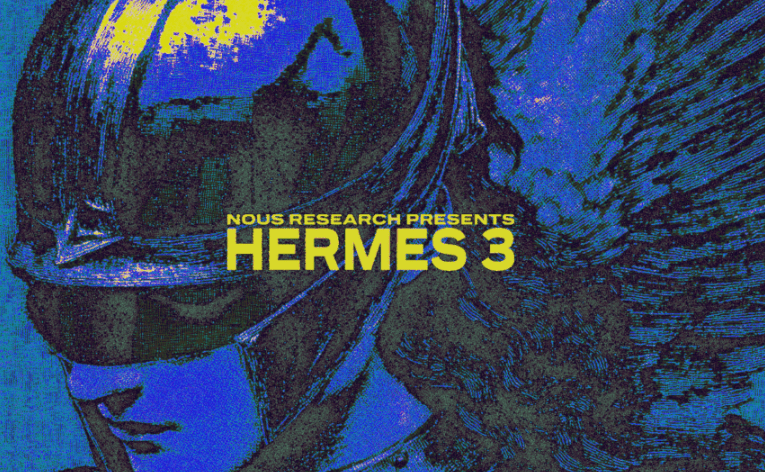- Lambda Labs and Nous Research launched Hermes 3, a new large language model based on Meta’s Llama 3.1.
- The model displays a unique “existential crisis” behavior when asked, “Who are you?”.
- Hermes 3 offers open, uncensored weights, allowing for greater customization.
- Available in 8 billion, 70 billion, and 405 billion parameter versions.
- The model excels in creativity, reasoning, long-term context retention, and complex role-playing.
- Features advanced agentic capabilities, including structured output, transparent decision-making, and proficient coding.
- Optimized for efficiency, reducing RAM and disk needs by 50%.
- Accessible via Lambda Chat interface or API, with advanced deployment options available.
Main AI News:
Lambda Labs Inc. and Nous Research have introduced Hermes 3, a new large language model based on Meta’s Llama 3.1. The 405 billion parameter version of Hermes 3 displays an unexpected behavior, described as an “existential crisis” when asked, “Who are you?” This anomaly has intrigued its creators, inviting users to explore the model on a Discord server.
Hermes 3 is unique for its open, uncensored weights, allowing users greater customization than other LLMs. Available in 8 billion, 70 billion, and 405 billion parameter versions, the model was trained to excel in creativity, reasoning, and long-term context retention. It also performs well in complex role-playing and offers advanced agentic capabilities, including structured output generation, transparent decision-making, and proficient coding.
Optimized using Lambda’s 1-Click Cluster infrastructure and FP8 quantization, Hermes 3 is more efficient, reducing virtual RAM and disk needs by 50%. While it doesn’t yet rival top proprietary models like OpenAI’s GPT-4o, it surpasses all open-source LLMs in benchmarks. Hermes 3’s versatility suits it for decision-making, strategic planning, and creative tasks.
Lambda and Nous Research encourage users to explore Hermes 3 via the Lambda Chat interface or API, with options for advanced deployment and fine-tuning.
Conclusion:
The launch of Hermes 3 signals a significant shift in the AI market toward more open and customizable models. Its unique capabilities, especially the open weights and advanced agentic functions, position it as a strong competitor in the open-source space. This move by Lambda Labs and Nous Research could accelerate innovation in AI applications, particularly in areas requiring high adaptability and user alignment. As Hermes 3 continues to gain traction, it may pressure proprietary models to offer more flexible and customizable solutions, driving the market toward greater openness and user-centric design.

